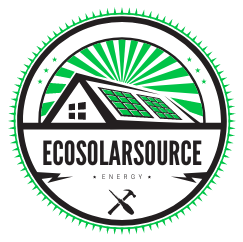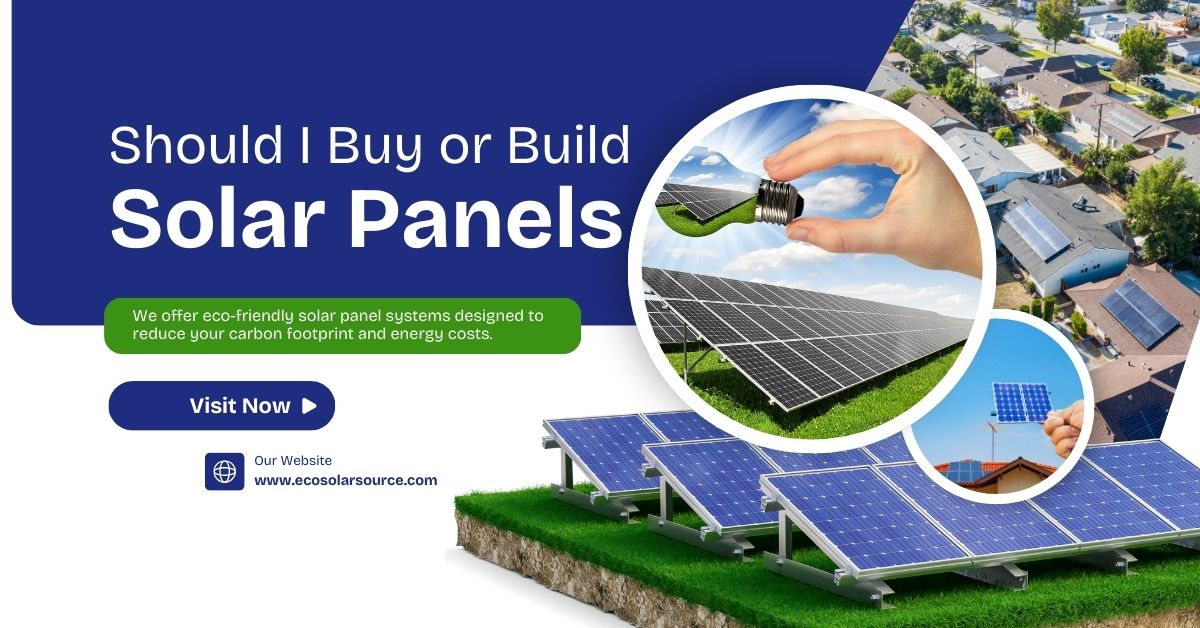Should I Buy or Build Solar Panels
Should I Buy or Build Solar Panels? Find out in this comprehensive guide that helps you weigh the pros and cons of buying versus building your own solar panels. Discover key factors, including cost comparisons, efficiency, and installation requirements, to make the best choice for your energy needs.
Whether you’re a DIY enthusiast or looking for a ready-made solution, our expert insights cover everything from long-term savings to environmental benefits. Empower your sustainable energy journey with practical tips and detailed advice to choose the right path for your home or business solar power system.
Table of Contents
Should I Buy or Build Solar Panels? A Comprehensive Guide to Making the Right Choice
As the demand for renewable energy rises, many homeowners and eco-conscious individuals are turning to solar power. Solar energy is sustainable, cost-effective over time, and reduces dependence on fossil fuels. However, one of the first decisions to make is whether to buy pre-assembled solar panels or build them yourself. This decision depends on several factors, including cost, skill level, energy needs, and time.
In this article, we’ll cover the essential considerations for both options, comparing the costs, benefits, and practicalities of buying versus building solar panels.
Why Solar Power?
Before diving into the buy-or-build debate, it’s helpful to understand the key benefits of switching to solar power:
- Energy Savings: Solar panels can significantly lower electricity bills, depending on the system’s size and local sunshine levels.
- Environmental Impact: Solar power reduces greenhouse gas emissions and dependence on non-renewable resources.
- Energy Independence: With solar panels, you can produce your own electricity, making you less reliant on the grid.
- Increasing Home Value: Solar energy systems add to property values and may attract eco-conscious buyers.
With these benefits in mind, let’s look at the details of buying versus building solar panels.
Buying Solar Panels
Pros of Buying Solar Panels
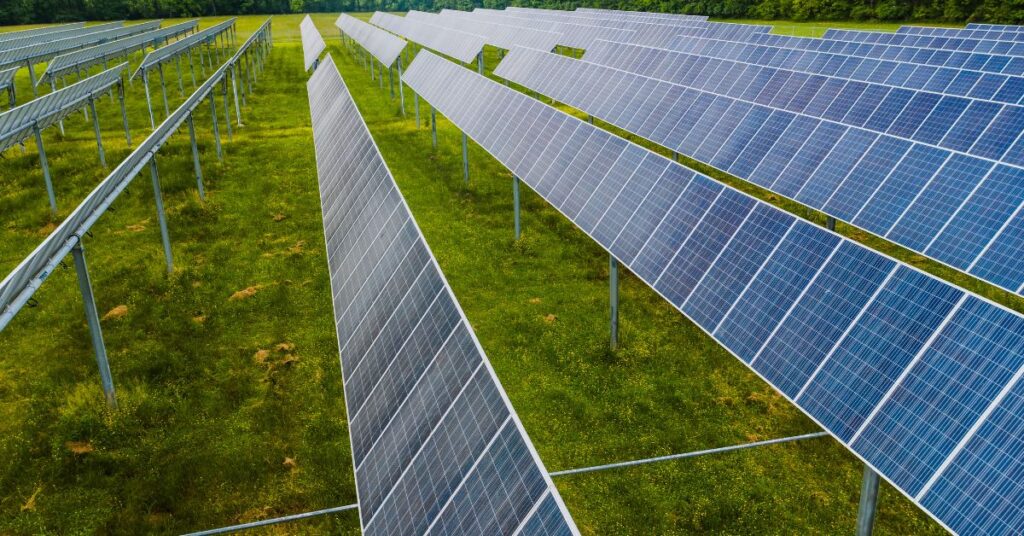
- Quality Assurance: When you buy solar panels from a reputable manufacturer, you receive a product that has undergone extensive testing for quality, efficiency, and durability. Most commercially available solar panels come with warranties, typically ranging from 10 to 25 years.
- Installation Services: Most solar panel providers offer professional installation services. This can be beneficial if you lack the expertise or time to install the system yourself.
- Government Incentives and Rebates: Purchasing solar panels often qualifies homeowners for federal, state, and local incentives, which can significantly reduce costs.
- Efficiency: Commercial solar panels are designed to maximize energy output, with high-efficiency cells that often outperform DIY options.
- Resale Value: A professionally installed solar panel system can increase a home’s resale value, especially as more buyers are interested in renewable energy solutions.
Cons of Buying Solar Panels
- Cost: The upfront cost of purchasing solar panels can be high, although financing options, rebates, and tax incentives are available.
- Limited Customization: Buying panels limits your control over design and materials, which may be restrictive if you want a tailored solution.
Cost Analysis for Buying Solar Panels
The cost of buying solar panels varies widely, influenced by the type, quality, installation complexity, and local energy costs. Generally, a small solar setup (about 5 kW) may cost between $10,000 and $15,000 before incentives. After rebates, this could fall to $5,000 to $10,000.
Building Your Own Solar Panels
Building your own solar panels can be an intriguing, hands-on project for those with technical skills and a passion for DIY. However, this approach requires careful consideration.
Pros of Building Solar Panels
- Lower Initial Costs: Building your own solar panels can reduce the upfront investment, as individual components are generally cheaper.
- Customization: With a DIY approach, you have full control over materials, size, and configuration. This allows for unique designs or modifications based on your energy needs.
- Learning Experience: For enthusiasts, building solar panels provides a valuable learning opportunity and the satisfaction of constructing a renewable energy system from scratch.
Cons of Building Solar Panels
- Lower Efficiency: DIY panels are often less efficient than commercial options, as they may lack advanced technologies and are more challenging to optimize.
- Time-Consuming: Building solar panels is a labor-intensive process that requires knowledge of electrical systems, soldering, and safety precautions.
- Lack of Warranty: Unlike commercial products, homemade solar panels don’t come with warranties, so any damage or failure requires out-of-pocket repairs or replacement.
- Potentially Limited Incentives: Some incentives and rebates are only available for professionally installed systems.
Materials Needed for DIY Solar Panels
To build your solar panels, you’ll need the following materials:
- Solar Cells: These are the core components that convert sunlight into electricity. Polycrystalline and monocrystalline cells are the most common types, with monocrystalline being more efficient.
- Tabbing Wire and Bus Wire: These wires are necessary for connecting the cells and allowing the flow of current.
- Encapsulating Material: This protects the cells from moisture and damage, typically using materials like EVA (ethylene-vinyl acetate).
- Glass and Frame: A glass cover protects the cells, while the frame provides structural support.
- Junction Box: This component connects the panel to an inverter or battery storage.
Cost Analysis for Building Solar Panels
The cost of building a solar panel depends on the quality of materials and the scale of your project. A basic DIY solar panel (around 100 watts) may cost between $100 to $200 in materials. Building an array sufficient to power an entire home can still be a significant investment, although it is generally cheaper than a pre-built system.
Key Considerations for Buying vs. Building Solar Panels
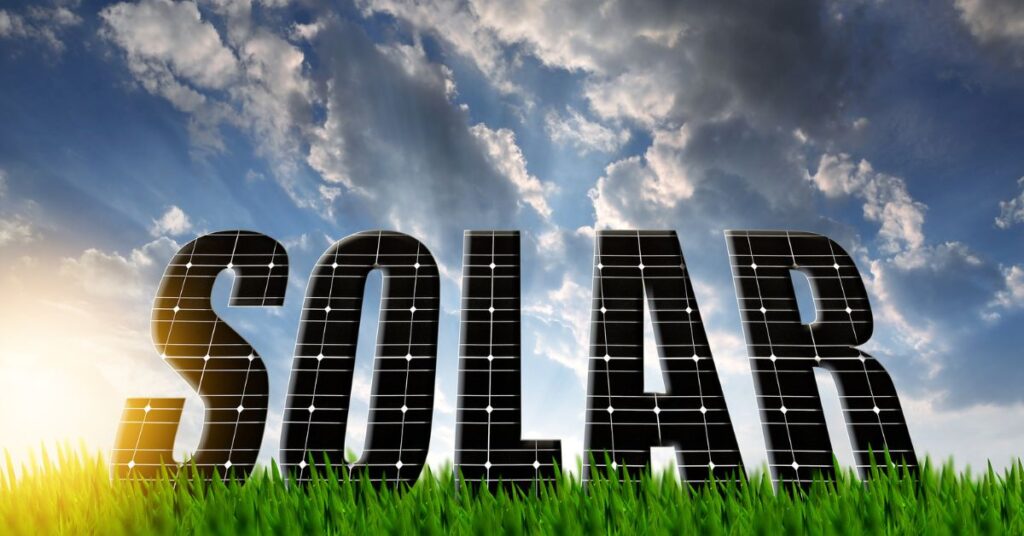
1. Skill Level and Technical Knowledge
- Buying: Requires minimal technical knowledge if you’re hiring a professional installer.
- Building: Demands a good understanding of electrical systems, soldering, and safety protocols. Mistakes in assembly can reduce efficiency or even cause hazards.
2. Time Investment
- Buying: Usually quick, with installation time ranging from a few days to a couple of weeks.
- Building: This can take several weeks or months, depending on your skill level and the time available.
3. Budget Constraints
- Buying: High upfront cost but greater access to financing options, rebates, and tax incentives.
- Building: Lower upfront costs but limited or no access to incentives and potentially higher maintenance costs over time.
4. Energy Needs and System Size
- Buying: Provides a scalable and customizable system that can meet larger energy needs effectively.
- Building: DIY solar panels are best for smaller-scale projects or supplemental energy rather than whole-home solutions.
Performance and Efficiency Comparison
Energy Output and Efficiency
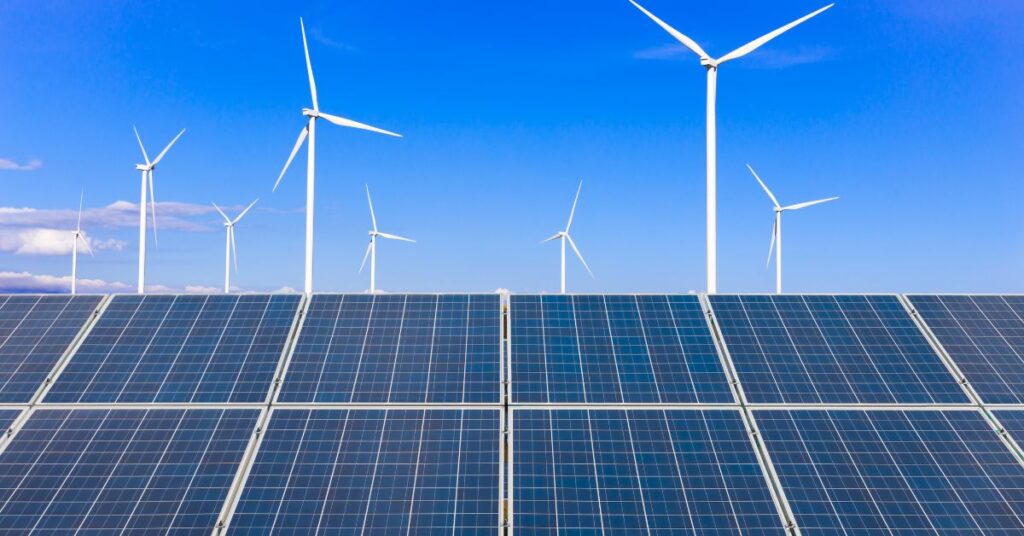
Commercial solar panels generally have an efficiency rate between 15-22%, whereas DIY panels often fall below this range, typically around 10-15%. Factors such as cell type, manufacturing quality, and environmental conditions all play a role.
Maintenance Requirements
Professionally installed solar panels are designed for durability and often come with maintenance options. DIY panels may require more frequent upkeep and repairs, especially if constructed with lower-quality materials.
Safety and Legal Considerations
Electrical and Fire Safety
Working with electricity requires knowledge and caution, especially when dealing with solar energy systems. Incorrectly assembled DIY panels may pose a risk of electrical shorts, overheating, and even fires.
Local Building Codes and Permits
In most areas, solar panel installations require permits and must adhere to local codes. Some states or cities may only permit licensed professionals to install solar power systems that connect to the grid. For DIY systems, additional documentation may be needed, particularly if the goal is to qualify for incentives or rebates.
Case Studies and Examples
Case Study 1: Buying Solar Panels
One homeowner, Sarah, purchased a 6 kW system for her home in California. The initial cost was $14,000, but federal and state incentives reduced her cost to around $8,500. With her system professionally installed, she saw a reduction in her electricity bill by nearly $1,500 annually. She also benefitted from a 25-year warranty and remote monitoring for maintenance.
Case Study 2: Building Solar Panels
Another homeowner, Alex, chose the DIY route. He built a small 2 kW system for under $1,000, using YouTube tutorials and online forums. While his system powers some of his appliances, it’s not sufficient to cover all his energy needs. He’s faced a few maintenance issues and found it challenging to achieve the same efficiency as commercial panels.
Making the Decision: Buy or Build?
Who Should Buy Solar Panels?
- Homeowners with significant energy needs and little technical expertise.
- Those who want a low-maintenance, high-efficiency system with professional support.
- People interested in maximizing incentives and resale value.
Who Should Build Solar Panels?
- DIY enthusiasts with technical skills and a smaller budget.
- Those looking to power smaller devices or part of their home.
- People seeking a hands-on project and willing to accept the risks and maintenance requirements.
Frequently Asked Questions (FAQs) About Should I Buy or Build Solar Panels
Choosing whether to buy or build solar panels depends on your budget, technical knowledge, energy needs, and personal preference. Buying solar panels offers convenience, quality, and long-term investment in renewable energy while building them allows for a hands-on approach and cost savings for smaller projects. Carefully weigh the pros and cons to decide which option aligns best with your goals. Solar energy is an excellent way to reduce your carbon footprint and energy costs, no matter which path you choose.
Click here to learn more about Should I Buy or Build Solar Panels
Click here to learn more about Want to Invest in Solar System? Read this Step-by-Step Guide
